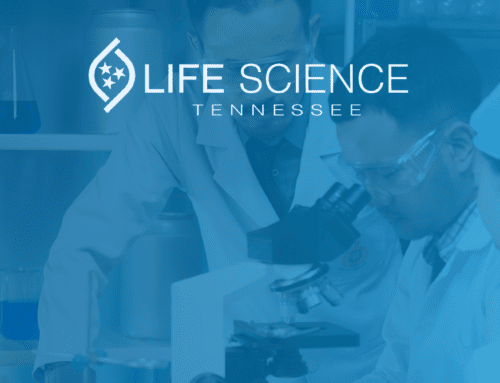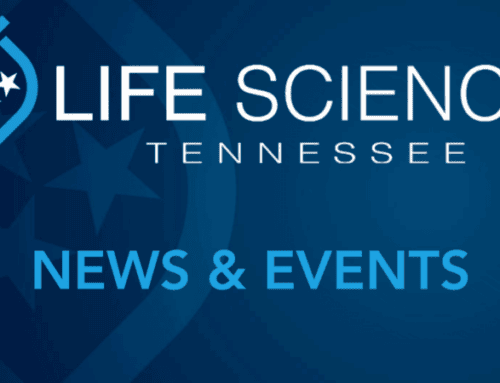On Monday Moderna announced that a preliminary test in eight healthy volunteers was safe and effective against the virus. Moderna is one of eight drug makers who have begun testing their vaccine candidate in humans. Meanwhile, Gilead increased its donation of the COVID-19 drug remdesivir for U.S. hospitals to 940,000 vials.
Below, we highlight COVID-19 updates and developments from our members and others in Tennessee. Visit our COVID-19 page for additional resources and supply needs.
Rockridge Venture Law Helps Navigate NIH RADx Program
Rockridge Venture Law patent attorney Kevin Christopher and patent agent Andrew Lerner have been appointed as faculty members to the newly launched NIH Rapid Acceleration of Diagnostics (RADx) program. RADx is a fast-track technology development program that leverages the NIH Point-of-Care Technology Research Network (POCTRN). The program will support novel solutions that build the U.S. capacity for SARS-CoV-2 testing up to 100-fold above what is achievable with standard approaches. RADx is structured to deliver innovative testing strategies to the public as soon as late summer 2020 and is an accelerated and comprehensive multi-pronged effort by NIH to make SARS-CoV-2 testing readily available to every American.
Other important updates and resources:
- Late last week, the FDA updated its guidance on clinical trials for COVID-19.
- The World Health Organization embraced a proposal Friday to create a voluntary pool to collect patent rights, regulatory test data, and other information that could be shared for developing drugs, vaccines, and diagnostics.
- Sens. Marco Rubio (R-FLA) and Kirsten Gillibrand (D-NY) introduced the Bioeconomy Research and Development Act of 2020, which is supported by BIO.
- Memphis-based Christian Brothers University School of Engineering is producing 3D printed face shields for health care workers.
- Here’s a helpful infographic from BIO on vaccine development, manufacturing, and distribution during a pandemic.
- JLL offered considerations for the post-COVID-19 life sciences lab.



